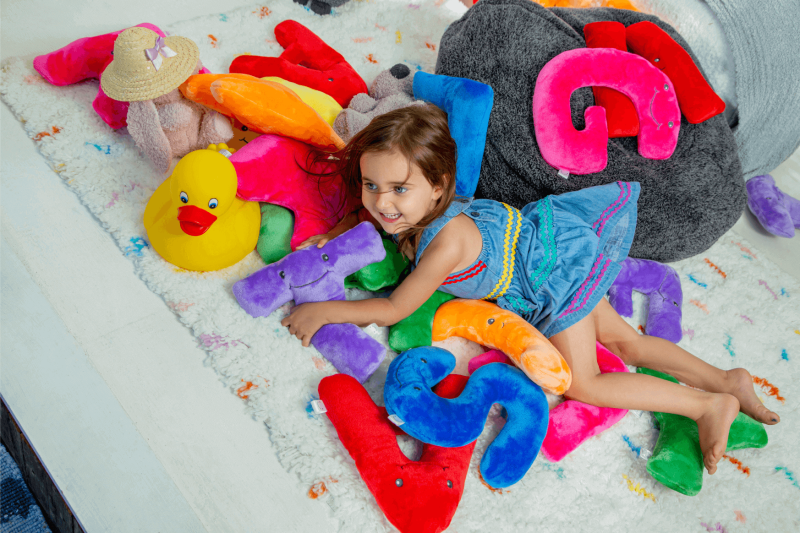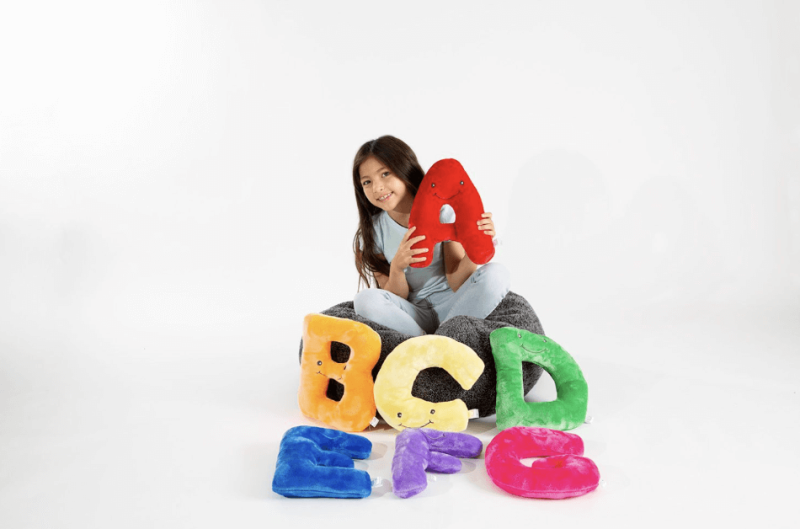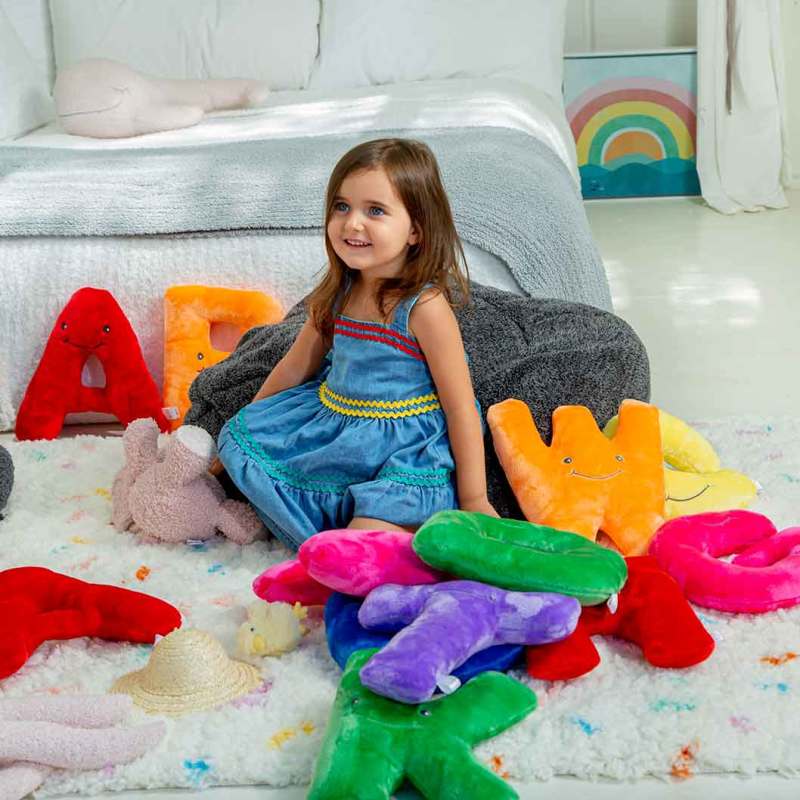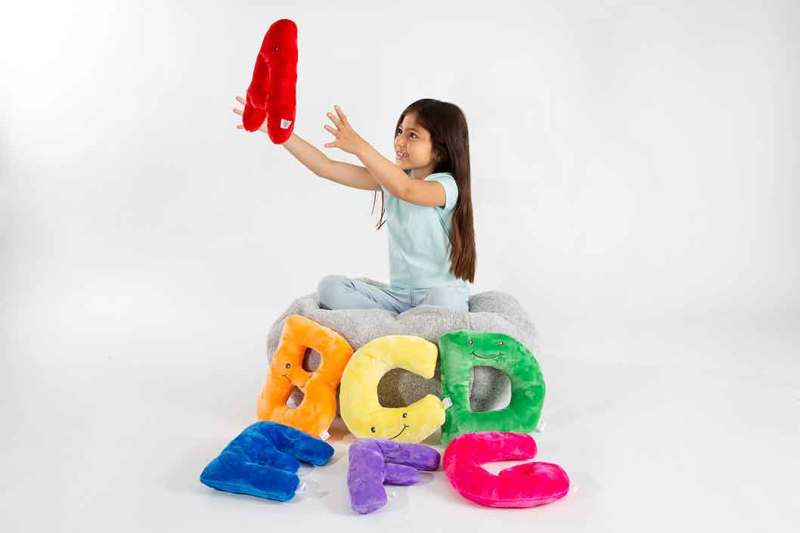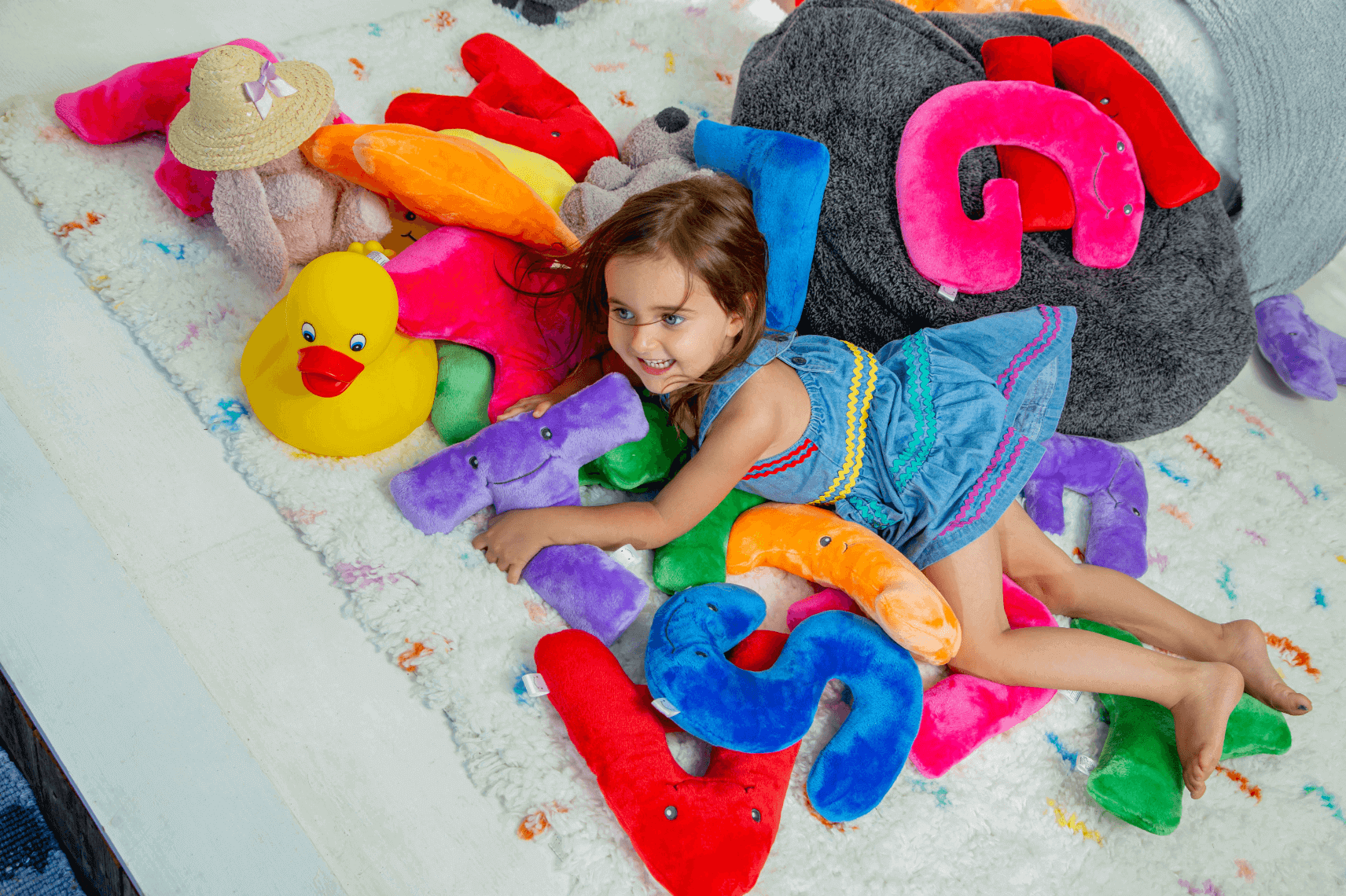
What Is Math Readiness and How to Prepare Your Kiddo
November 28, 2023
Math readiness is integral to children's development, as it helps them understand how numbers represent the world. Preschool math introduces young learners to concepts like number recognition, counting, and comparison that build a solid foundation for their early literacy and numeracy skills.
Using interactive math-oriented activities, parents can encourage children to pick up age-appropriate math skills that will support their arithmetic readiness and future learning.
Unfortunately, parents often struggle to find strategies that support their child's mathematical development. Here are some insights on how teachers and families can nurture early math readiness skills in preschoolers.
The Foundation of Math Readiness
From a very young age, children have an innate curiosity to learn about numbers and quantities. Teachers and caregivers can help develop early arithmetic skills by encouraging kids to understand and apply basic math principles.
The foundational aspects of math readiness and awareness for young kids include recognizing numbers and learning to build relationships between numbers and represented items.
Early exposure to math concepts equips young learners with the capacity to understand more complex subjects like algebra and geometry. Moreover, preschool math helps stimulate a child's cognitive skills by promoting reasoning, creative thinking, and problem-solving abilities.
Numeracy development is foundational for preschoolers actively gaining the mathematical and language skills to match, classify, and measure. With guidance from parents and educators, preschoolers can build on their early math skills and start to describe relationships between items in their surroundings.
Using Plush Numbers for Tactile Learning
Incorporating plush numbers in early math education can make it easier for preschoolers to recognize numbers and match them to their corresponding quantities. These learning tools help nurture early numeracy skills that kids can build on to grasp complex math skills.
Moreover, tactile learning aids can be practical tools for parents looking to foster engagement and enhance motor skills in young learners. Educational toys like Numberpals are soft and huggable, making them great sensory toys for tactile and kinesthetic learning.
Parents looking to teach basic math concepts through play-based learning can find plush number sets in the magical world of Alphaland. The site also features multiple games that can reinforce math patterns and promote language development.
Talking About Math in Everyday Life
Even before they start school, children begin to develop and use their math skills during day-to-day activities. Parents can strengthen these early skills by using math talk in real-life scenarios, such as counting traffic lights or measuring ingredients while cooking.
Families can integrate fun games into play activities and structured learning to strengthen math readiness skills. For instance, parents can help kids explore quantities in the playground by assisting them to fill empty containers with sand. They can also teach comparison by discussing how toys vary in shape or prompting kids to describe how long or tall something is.
Preschoolers are inquisitive and often seek opportunities to understand numbers and how they relate to the real world. Therefore, adults should create a positive and supportive math environment where kids can learn and celebrate math accomplishments at home and in the classroom.
Number Recognition Practices for Ages 2-5
Early numeracy skills typically develop sequentially, so preschoolers require gradual exposure to age-appropriate math lessons. Parents and caregivers can start by introducing Numberpals and number cards to help with number recognition, counting, and sequences.
Age-appropriate math activities allow kids to explore mathematical concepts in a fun and practical way. Playful exercises like measuring objects with a string, singing counting rhymes, or enjoying a hopscotch game can promote hands-on math readiness in children aged 2-5.
An excellent example of how parents can embed number learning practices in everyday play routines is to collect items such as crayons or buttons and help their child count, sort, and compare them according to size and color.
Progressing from Basic to Intermediate Concepts
To support early math abilities in preschoolers, caregivers may introduce basic concepts such as number recognition and gradually increase the complexity of instruction and tasks. This approach helps young learners dive into the world of numbers and build conceptual knowledge related to complicated subjects like geometry and spatial reasoning.
Parents can track their children's math readiness by checking if their skills match up with established age-appropriate milestones. At around 2 years, toddlers should have the math readiness skills to recognize numbers and understand concepts like 'bigger' and 'smaller .'As they reach their 3rd birthday, kids can typically apply their math skills to count to 3 and identify different shapes.
By age 4, preschoolers should recognize simple patterns, count the number of items in a small set, and comprehend attributes such as length and height. At age 5, kids typically demonstrate growth in their math skills by counting higher and higher. They should also be able to write one-digit numbers and complete simple addition and subtraction problems.
Math Readiness with Numberpals
Children typically start grasping math concepts long before they open their first math textbook. Early childhood teachers can partner with parents to promote early numeracy skills using tactile learning aids and math-oriented activities.
Offering young learners opportunities to engage with numbers and mathematical concepts through interactive activities and practical application in daily life is integral for preschoolers' long-term math success.
By finding fun and creative ways to slip little math-related lessons into active play and everyday activities, parents can help support young learners' arithmetic readiness. Literacy experts emphasize ongoing engagement during learning to help kids build on their early number and math skills.
Shop Alphapals and Numberpals set today to discover a fun way to nurture your child's early literacy skills and invest in their future mathematical abilities.
